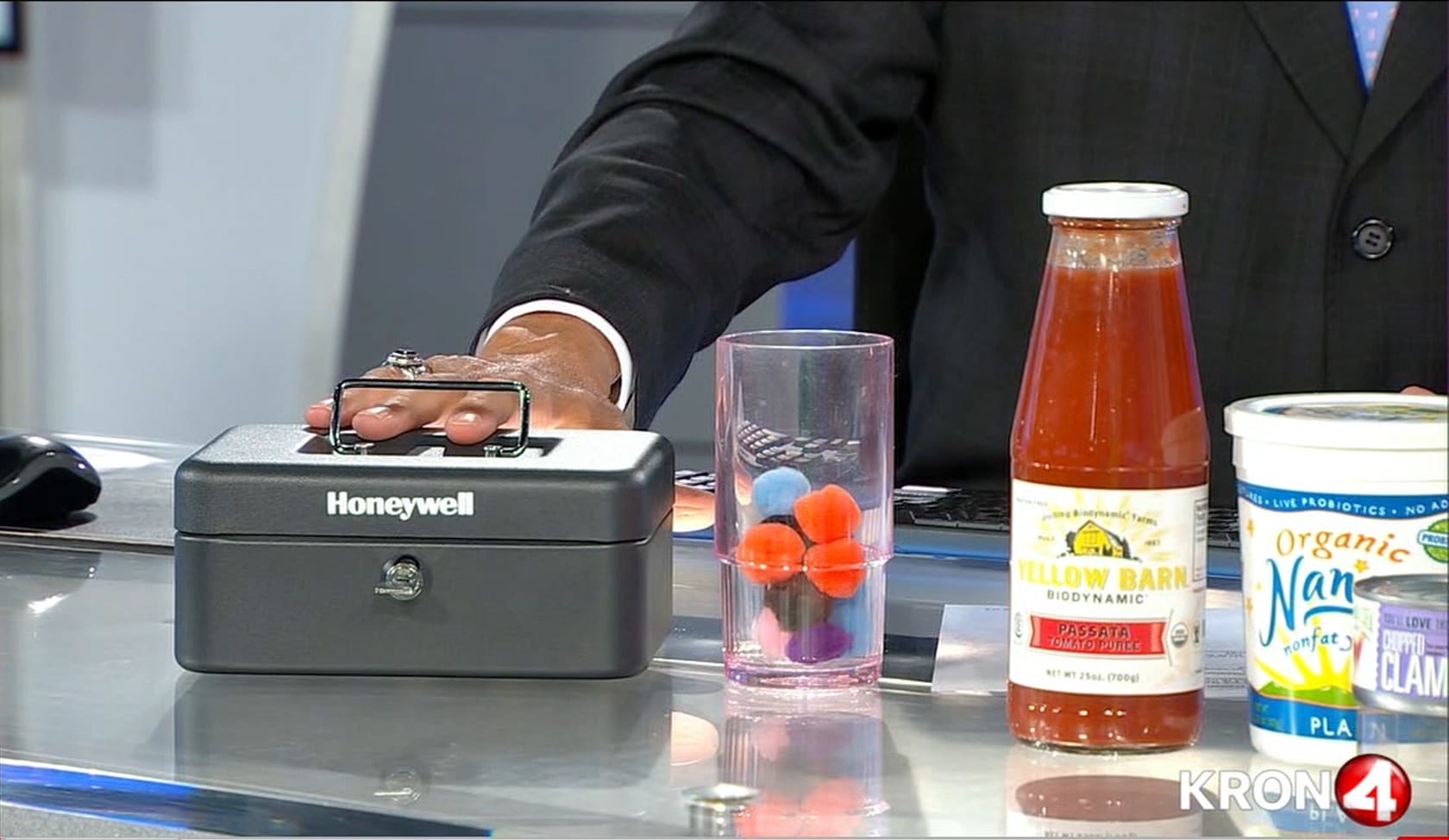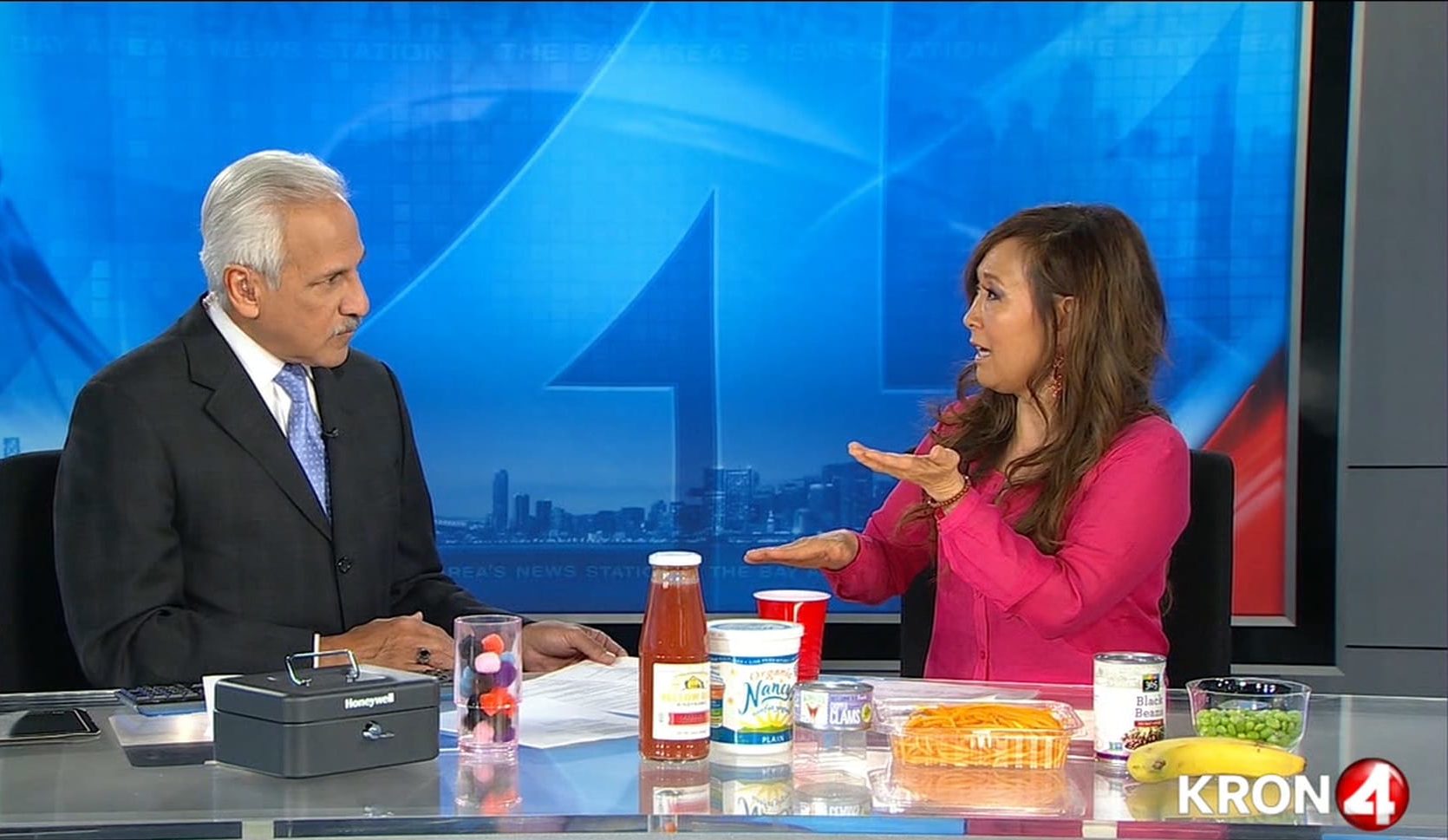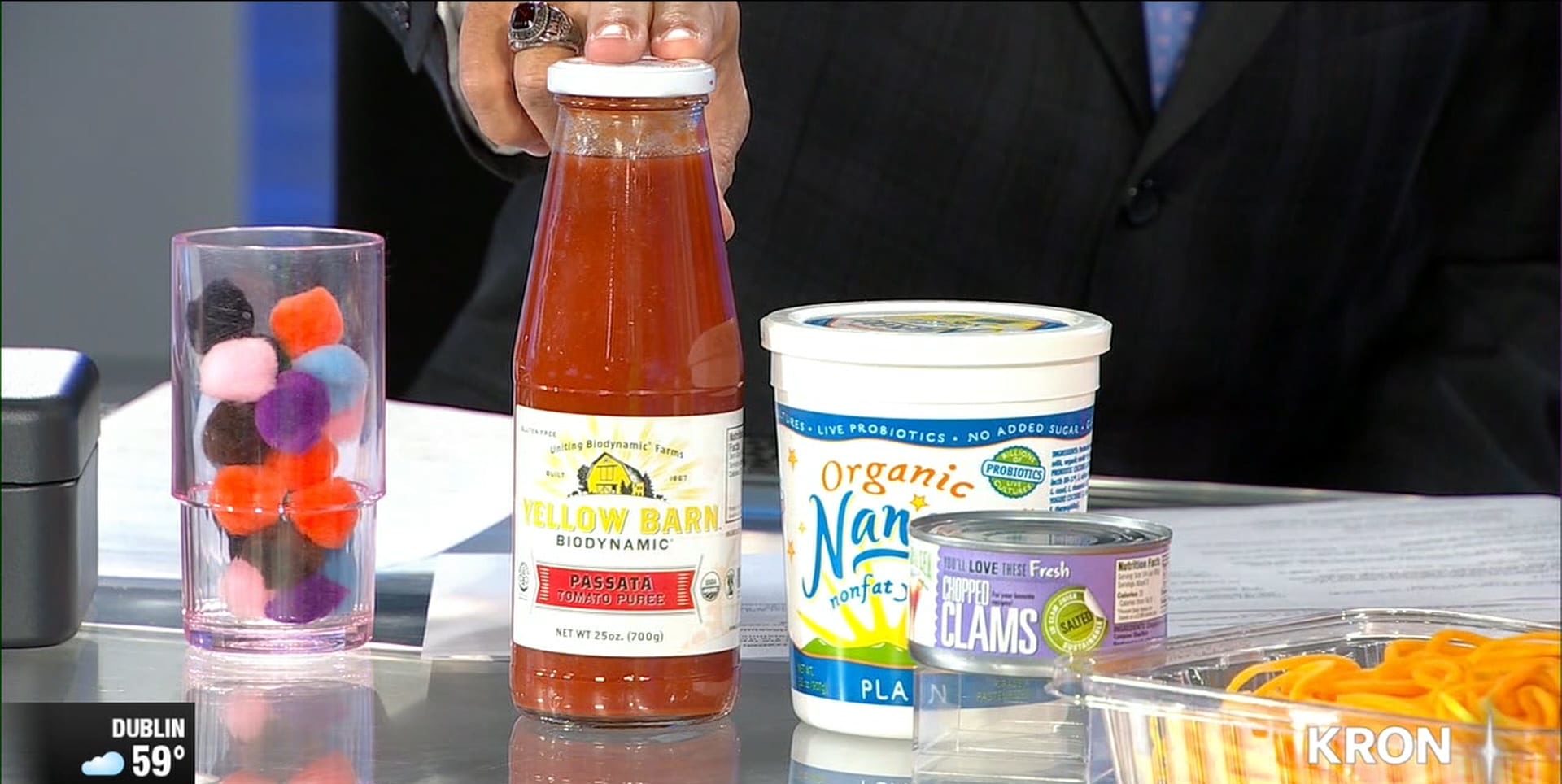One out of three adults has pre-diabetes, that’s, over 84 million people — and nine out of ten don’t even know they have it.
Diabetes increases your risk of death by 50%. Many are familiar with the link between diabetes and eating too much refined sugar, but did you know there’s a diabetes link to potassium too?

The Battle with Blood Sugar
Your body processes the food you eat and turns it into a sugar called glucose. Diabetes is marked by high levels of glucose in your blood (hyperglycemia).
This happens because glucose is ‘locked out’ from getting into your cells and starts to build up in your blood.
Blood sugar is a precious fuel for your body, but when it’s persistently high, glucose can damage nerves and vessels.
Since glucose circulates throughout your entire body, high levels of blood sugar can cause damage in any organ.
Diabetes-related complications include:
- Blood vessel damage that increases your risk of stroke and heart attack
- Poor blood circulation
- Nerve and vessel damage to your eyes (retinopathy), feet, and kidneys
What is Insulin?
Insulin (produced by the pancreas) is the hormone that’s needed for the glucose in your blood to enter your cells.
Think of insulin as the ‘key’ that unlocks the cell door and lets glucose in. Without the ‘key’, your organs are starved of essential energy and can lead to cell death.

Types of Diabetes
The two most common forms of diabetes, known as Type 1 and Type 2, are distinctly different:
1. Type 1 diabetes mellitus: You DO NOT PRODUCE INSULIN and are unable to control the sugar in your blood. This form of diabetes is an autoimmune disease where the body’s immune system attacks and destroys insulin-producing cells of your pancreas.
2. Type 2 diabetes mellitus (T2DM): With this type, you DO NOT USE INSULIN efficiently and are unable to control the sugar in your blood.
- 90% to 95% of diabetes cases are type 2.
- In T2DM, your cells become resistant to insulin. Your pancreas goes into overdrive producing more and more insulin in a futile attempt to get the glucose into your cells.
As a result, your pancreas can eventually wear out (become permanently damaged) and can no longer produce enough insulin.
- High blood sugar levels can erode your cells’ ability to make insulin. T2DM is preventable whereas Type 1 is not.
Waist Size and Diabetes

People who are overweight or obese, particularly with visceral fat (i.e., belly fat), are more likely to develop T2DM, but even normal weight individuals can develop diabetes.
- If you’re a man and your waistline is over 40 inches, your risk for diabetes is 12 times higher than someone with a normal healthy size waist.
- Normal waist size is half your height in inches. Therefore, weight loss is the primary goal in treating this form of type 2 diabetes.
What is Potassium?
Potassium is an electrolyte and mineral that helps keep your bodily fluids at the proper level. If your fluids are at normal levels, you can:
- Contract your muscles without pain
- Keep your heart beating correctly
- Keep your brain functioning at its highest capability
Muscle cramps to more serious conditions, such as seizures, are symptoms of potassium deficiency which also means fluid imbalance.
Low Potassium Linked to Diabetes
- Researchers in one study at Johns Hopkins University School of Medicine linked low levels of potassium with high levels of insulin and glucose (traits associated with diabetes) in otherwise healthy people.
- One 2011 study found that people taking thiazides (diuretic, a.k.a. “water pill”) to treat high blood pressure experienced a loss of electrolytes, such as potassium.
- Researchers noted that potassium loss might increase a person’s risk for developing diabetes.
- Researchers have also linked low potassium levels to high blood pressure.
NOTE: Even though low potassium may increase your risk of developing diabetes, taking potassium won’t cure your diabetes.
How Much Potassium Do You Need?
An adult needs 4,700 milligrams per day. Even if you’re getting the right amount potassium each day, levels may still be deficient or excessive due to fluctuating potassium levels.
Causes of Fluctuating Potassium Levels
When sodium levels increase, potassium levels tend to decrease, and vice versa.

Heavily processed foods tend to contain excessive amounts of sodium which lowers potassium levels. These types of food already contain little potassium.

Other possibilities for fluctuating potassium levels:
- Frequent urination or excessive sweating
- Taking certain medications, especially cancer and diabetes medications. (If you take insulin and have uncontrolled diabetes, your potassium levels may drop.)
- Vomiting
- Kidney problems
- Improper blood pH (often due to an underlying condition or disease of the kidneys, lungs, liver)
- Changing hormone levels
Blood Test for Potassium Deficiency
Have a doctor look over your medical history and discuss your potential diabetes risk. A blood test shows if your potassium levels are abnormal. If so, a prescription for a supplement or certain dietary changes can restore the balance.
Sources of Potassium

Some of the best sources of potassium include:
- Tomato purée
- Baked potatoes (sweet and white)
- Butternut squash
- Plain yogurt
- Clams
- Black beans
- Fruits, such as bananas, avocados, peaches
- Soybeans, cooked (edamame)

If you exercise regularly and perspire heavily, you may lose electrolytes which can cause your potassium levels to go out of balance. If so, consider drinking a post-exercise potassium-rich smoothie.
![]() Karen’s Fit Tip: Avoid heavily processed foods which tend to contain excessive amounts of sodium and little potassium.
Karen’s Fit Tip: Avoid heavily processed foods which tend to contain excessive amounts of sodium and little potassium.
With some monitoring and advanced planning in your diet, you can control your potassium levels and help prevent diabetes and pre-diabetes.






